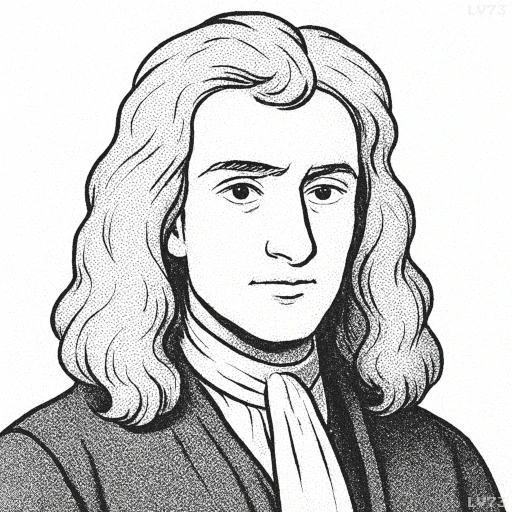“If the experiments which I urge be defective, it cannot be difficult to show the defects; but if valid, then by proving the theory, they must render all objections invalid.”

- January 4, 1643 – March 31, 1727
- Born in England (UK)
- Natural philosopher, mathematician, physicist, astronomer, theologian
table of contents
Quote
“If the experiments which I urge be defective, it cannot be difficult to show the defects; but if valid, then by proving the theory, they must render all objections invalid.”
Explanation
In this quote, Isaac Newton is asserting the importance of empirical evidence and the scientific method in validating theories. Newton is making the point that if the experiments supporting a particular theory are flawed or defective, it should be easy for others to identify and demonstrate those flaws. On the other hand, if the experiments are sound and provide valid evidence, they will prove the theory correct, thereby making any objections to the theory invalid. This statement highlights Newton’s confidence in the power of experiment to either confirm or disprove scientific hypotheses, suggesting that solid evidence will always trump counterarguments that are not supported by similar evidence.
Newton’s perspective reflects the core of the scientific method, which emphasizes that theories must be tested through experimentation and observation. If an experiment is valid, meaning it is well-designed and produces reliable results, it should validate the theory and eliminate doubts about its correctness. Newton’s statement underscores his belief that scientific inquiry is rooted in the ability to provide reliable and testable evidence, and that a well-supported theory cannot be dismissed without compelling evidence to the contrary.
In modern science, this principle remains crucial. Hypotheses and theories are only considered valid if they can withstand rigorous testing and peer review, and experiments that support a theory are seen as the most reliable form of evidence. If an experiment is shown to be defective, it casts doubt on the theory, but if it is valid, it strengthens the theory and weakens opposing objections. Newton’s statement illustrates the continuing role of empirical evidence in determining the validity of scientific theories, reinforcing the idea that scientific knowledge progresses by testing and validating ideas through careful experimentation.
Would you like to share your impressions or related stories about this quote in the comments section?
